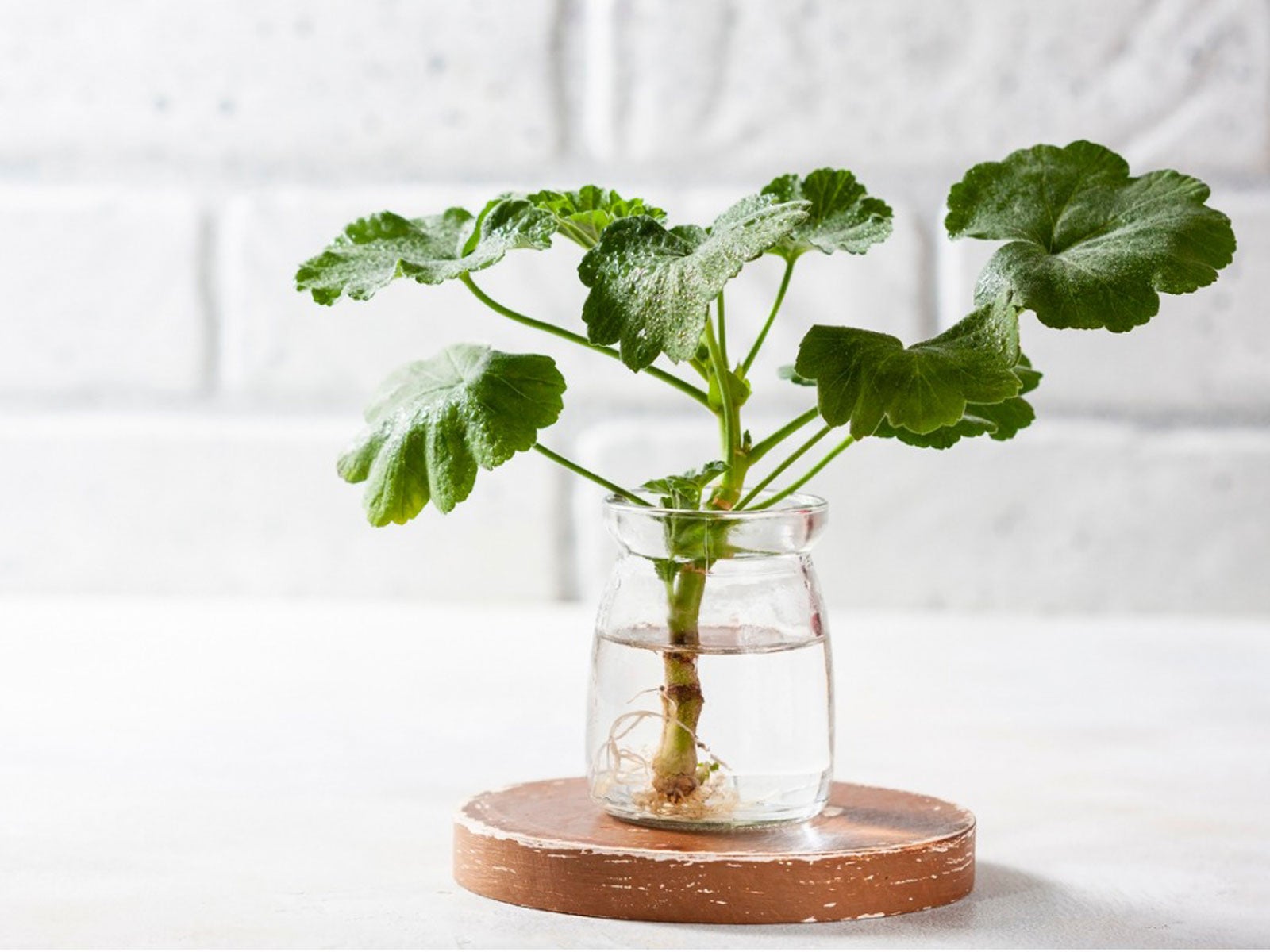Fall Plant Propagation: Propagating Plants In Fall

Propagating plants in fall will save you money in the future plus, fall plant propagation makes you feel a little bit like a wizard or perhaps even a mad scientist. Successful plant propagation does require some knowledge on when to take cuttings and what fall plants to propagate.
Plant Propagation Calendar
A plant propagation calendar itemizes what plants can be propagated each month. Some seasons are more conducive to softwood or hardwood cuttings, layering, or saving seeds. Fall plant propagation is generally done by softwood or hardwood cuttings.
When to Take Cuttings in Fall
As temperatures cool, you can start taking cuttings from tender perennials that are generally grown as annuals, such as coleus or geraniums.
After a good frost, you can start dividing perennials and take hardwood cuttings. Fir, spruce, and pinecones can be gathered for spring plantings. The seed pods from azaleas and rhododendrons can be harvested as well.
Hardwood cuttings can still be taken from evergreens or deciduous plants late into fall. If you wish to graft plants over the winter, be sure you have a rootstock potted up and stored in a protected, cold area.
Fall Plants to Propagate
When propagating plants in fall, tender perennials mentioned above along with calibrachoa, dusty miller, impatiens, and fuchsia can all be propagated via cuttings in the fall. Cut a stem that has three to six nodes with sterilized pruning shears. Pinch off any blooms and leaves on the bottom third of the stem.
Dip the freshly cut ends in rooting hormone and pot the cutting in small pots filled with sterile soilless mix that has been pre-moistened with water.
Gardening tips, videos, info and more delivered right to your inbox!
Sign up for the Gardening Know How newsletter today and receive a free copy of our e-book "How to Grow Delicious Tomatoes".
All of the evergreens can be propagated in fall and many deciduous plants as well. Some fall plants to propagate include:
- Arborvitae
- Boxwood
- Cotoneaster
- Cypress
- Euonymus
- Forsythia
- Heather
- Holly
- Juniper
- Lavender
- Privet
- Red twig dogwood
- Rose of Sharon
- Sandcherry
- Taxus
- Viburnum
- Weigela
Fall Plant Propagation
We’ve already gone over how to propagate the tender perennials in fall. For the evergreens and deciduous plants, wait until a good hard freeze so the plants will be dormant and then simply take a 4 inch (10 cm.) cutting. As above, remove any leaves or needles from the bottom two thirds of the cutting.
Dip the cut end into rooting hormone and then push it an inch (2.5 cm.) down into a sand filled bed outside or alternately in a mix of peat and vermiculite if growing in a greenhouse or inside.
For plants propagating inside or in a greenhouse, cover the cuttings with a plastic dome or bag to create some humidity and atop a heating mat or place in a south facing windowsill. Keep these cuttings consistently moist, warm, and well lit.

Amy Grant has been gardening for 30 years and writing for 15. A professional chef and caterer, Amy's area of expertise is culinary gardening.